BUP Interview with Prof. Sumrahadi from President University, Jababeka, Indonesia
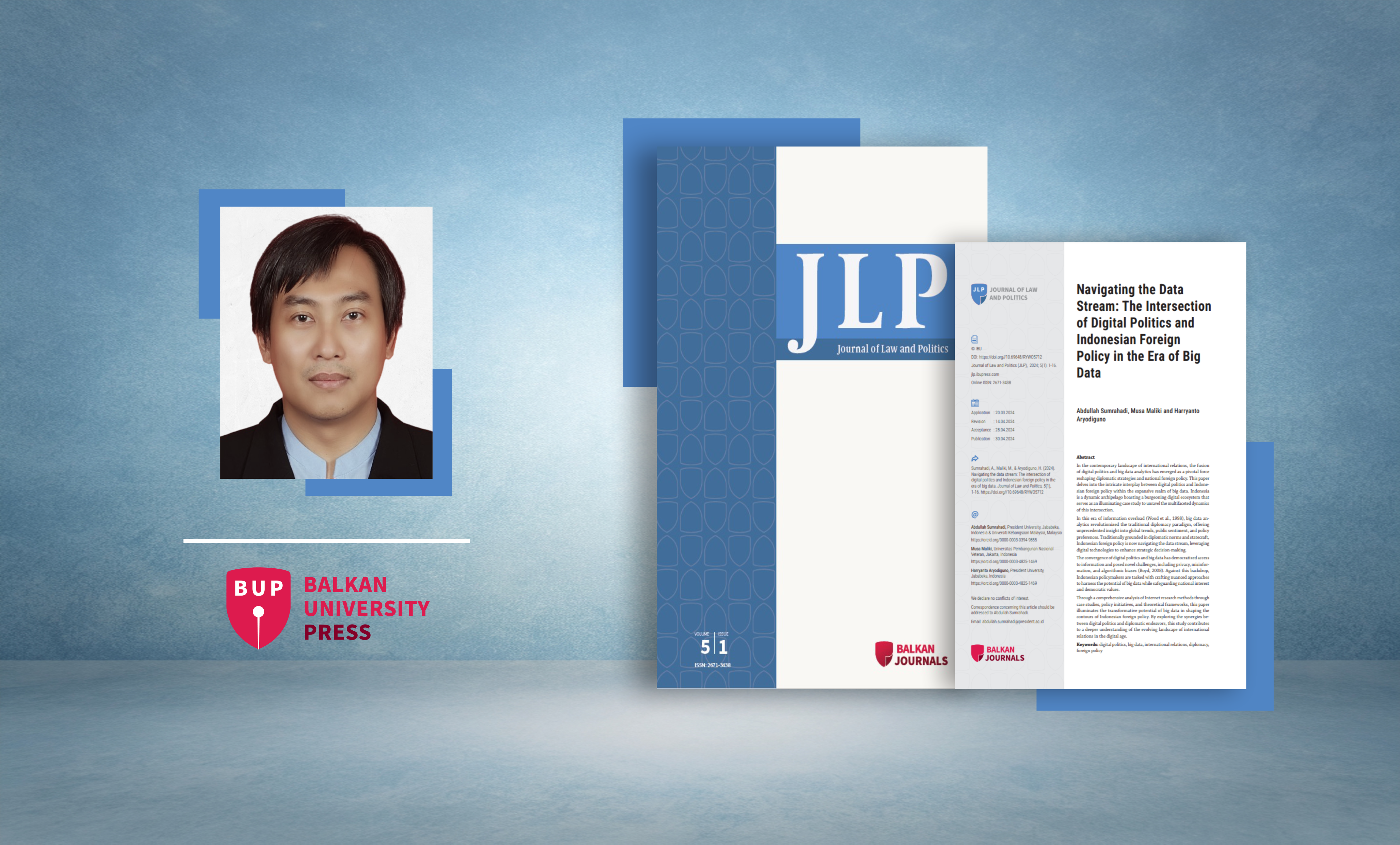
Balkan University Press had the pleasure of interviewing Prof. Abdullah Sumrahadi about digital politics in foreign policy, based on his recently published article in our Journal of Law and Politics.
BUP: Prof. Sumrahadi, please tell us more about yourself and what made you interested in studying how digital politics and big data affect foreign policy.
AS: As a lecturer with a strong sociology and international relations background, my interest in cross-disciplinary research has led me to concentrate on the convergence of digital politics, big data, and international relations. This unique perspective has enabled me to investigate their impact on socio-political life and policies throughout the last decade.
A few social scientists in Indonesia are drawn to studying the intersection of digital politics, big data, and foreign policy due to several compelling factors. It may come from digital politics and big data fundamentally changing how states interact, make decisions, and implement foreign policy.
Social scientists are interested in understanding these transformations and their implications. The rise of social media, cyber warfare, and big data analytics presents new trends and phenomena that are not well understood.
The research in these areas holds transformative potential, significantly contributing to the expanding body of knowledge. Understanding how digital tools and data influence foreign policy can empower us to inform better decision-making and formulation, thereby shaping more effective and hopeful foreign policies.
As a person, I aim as a social scientist to provide insights that can help shape more effective and informed foreign policies. This involves a comprehensive approach that spans multiple disciplines, including political science, data science, communication studies, and international relations, inviting all of us to contribute to this collective understanding.
This interdisciplinary approach attracts scholars interested in crossing traditional academic boundaries. Advances in technology provide new methodologies and tools for social scientists to analyze complex data sets and patterns, making the study of digital politics and big data both feasible and exciting.
However, we are also acutely aware of the ethical and privacy concerns of using big data and digital tools. These issues are significant and must be carefully considered in our research, reassuring our audience of the responsible nature of our work.
Social scientists want to explore these dimensions to address potential risks and propose ethical guidelines. By focusing on these areas, social scientists like me can contribute to a deeper understanding of the rapidly evolving landscape of global politics and its implications for international relations.
BUP: How do you think combining digital politics and big data is changing international relations worldwide, and what can we learn from Indonesia's case?
AS: The combination of studies between digital politics and big data has great potential to change and influence the pattern of international relations. Referring to my views and experiences in reading this phenomenon, which can be taken from multiple perspectives, namely globally and in terms of the context in Indonesia, big data allows for a more in-depth and targeted analysis of foreign policy and diplomatic relations.
Countries can use this data to understand global trends, public sentiment, and potential threats. The use of big data can increase transparency in international relations. More accurate and accessible data can help monitor the implementation of international agreements and identify violations.
The massiveness of social media and digital platforms allows countries to communicate directly with the global public. This can build a positive image, influence public opinion, and disseminate foreign policy information. On the other hand, there is a risk of spreading disinformation that can affect international relations. Organized disinformation campaigns can damage relations between countries and affect global stability. Data security is a significant issue in digital politics.
Countries must protect strategic and sensitive data from cyber-attacks that other parties can use for geopolitical gain. Even if referring to simple experiences in the Internet of Things, countries can use cyber-attacks to influence or weaken other countries without conventional military action.
Meanwhile, Indonesia’s experience with using big data in elections has paved the way for the country to employ big data to analyze voter behavior and devise campaign strategies. This approach can also be extended to international relations to gauge public sentiment toward foreign policy. Despite the shortcomings and the need for further improvements, the Indonesian government has been proactive in monitoring social media to identify and counter threats of misinformation and propaganda that could disrupt domestic stability and international relations. This proactive stance involves using advanced data analytics tools and collaboration with tech companies to ensure the integrity of the information landscape.
Moreover, the Indonesian government and many related companies use digital platforms to promote tourism and attract foreign investment. This shows how digital diplomacy can improve economic relations with other countries.
For example, North Macedonia can also do this to exist massively in the digital landscape, which is still less focused on. More than that, in international crises, Indonesia uses digital platforms to provide the latest information and coordinate international assistance, as seen during natural disasters.
The importance of cybersecurity in digital politics cannot be overstated. Indonesia's collaboration with other countries to improve cybersecurity and protect critical infrastructure is a clear example of the need for information exchange and capacity building to deal with global cyber threats in a measured and structured manner.
Until now, the Indonesian government has continued developing regulations to manage data and protect citizen privacy, an essential part of digital politics. Therefore, combining digital politics and extensive data studies provides an excellent opportunity to increase effectiveness and efficiency in international relations but also brings challenges that need to be addressed, such as data security and the risk of disinformation.
BUP: Can you share some examples of big data significantly impacting foreign policy?
AS: In the current situation and developments, there is plenty of evidence that big data significantly impacts various aspects of foreign policy. For example, big data enables more sophisticated and accurate intelligence analysis. By collecting and analyzing data as a source of information from multiple resources, such as social media, satellites, and sensors, countries can monitor suspicious activities, detect terrorist threats, and predict enemy behavior.
This helps countries formulate more effective national security policies and defense strategies. In diplomacy action and relations, big data allows diplomats to understand public opinion in other countries, global trends, and international political dynamics. By analyzing data from social media and other online platforms, diplomats can adjust their communication strategies and promote national interests and good international relations management.
In the context of international trade, big data enables more in-depth market analysis and prediction of global economic trends. Countries and their governments can use big data to monitor market fluctuations, understand consumer behavior, and identify opportunities and risks in international trade. This helps in making economic policies that support growth and stability.
There is also global humanitarianism and humanity, where big data is used to respond to international crises, such as natural disasters, humanitarian crises, or armed conflicts. By analyzing data from multiple sources, international organizations and governments can identify areas most in need of assistance, plan the distribution of resources, and monitor the effectiveness of interventions.
More than that, related to our lives, the environment, and climate, big data enables the monitoring of climate change and environmental impacts globally. Data from satellites, climate sensors, and other platforms are used to track greenhouse gas emissions, deforestation, and temperature changes.
This information is essential in international negotiations on climate change and environmental policymaking. For example, suppose we want to look at the example of the PRISM program. In that case, it is a surveillance program developed by the NSA to collect and analyze data from various sources, including Internet and telephone communications. This program helps identify terrorist threats and espionage activities, thus influencing US foreign policy regarding security and counterterrorism.
Another fact from Russia is that the relevant government agencies also monitor social media. Russia uses big data to monitor global public opinion and spread propaganda through social media. This influences Russian foreign policy by helping them control the international narrative and influence elections and the policies of other countries.
The European Union uses extensive data analysis to manage its trade policy. The EU can identify new opportunities, protect domestic industries, and negotiate favorable trade agreements by analyzing trade and economic data. Through these examples, it is clear that big data provides a powerful tool for countries to manage their foreign policies more effectively and responsively to global dynamics.
BUP: Can you please explain the idea of "algorithmic governmentality" and how it affects people's behavior and decisions?
AS: “Algorithmic governmentality” is a concept derived from the work of Michel Foucault on governmentality and adapted to the contemporary context of digital technologies and data analytics. It refers to how algorithms and data-driven technologies influence, manage, and regulate the behavior of individuals and populations.
In this sense, we must know the critical aspects of algorithmic governmentality in authentic activities. The first key is data collection and surveillance. From this key, large-scale data collection from various sources (social media, browsing history, sensors, etc.) allows for continuous monitoring of individual behaviors. The second key is predictive analytics; these key algorithms analyze collected data to predict future behaviors, preferences, and risks. These predictions are used to guide decision-making processes. The third key is personalization and nudging. From this key, digital platforms use algorithms to personalize content, advertisements, and recommendations. This can nudge individuals towards certain behaviors or decisions, often without their explicit awareness. The fourth key is the automation of decision-making, where algorithms can make decisions traditionally made by humans, such as credit scoring, hiring, and law enforcement. This automation can impact opportunities and outcomes for individuals. The fifth key is governance and regulation, where the role of governments and institutions use algorithms to manage populations, enforce laws, and distribute resources. This can include surveillance systems, social credit systems, and automated welfare distribution.
Then, if I am trying to relate to the impact on people’s behavior and decisions, it comes from the influence on choices. Let us see how personalized recommendations and content curation shape the information people receive, influencing their choices and preferences. For example, news feeds and search engine results can create filter bubbles, reinforcing existing beliefs and biases. It also relates to behavioral nudges, where the algorithms can nudge individuals towards specific actions, such as making purchases, exercising more, or adhering to regulations. These nudges are often subtle and based on psychological insights. The pervasive influence of algorithms can affect individuals’ sense of autonomy and control. People may feel their choices are manipulated or constrained by unseen forces, called a perception of autonomy disruption. Algorithmic decision-making can perpetuate and even exacerbate social inequalities. Biased data and algorithmic design can lead to discriminatory outcomes in hiring, policing, and lending, leading to inequality and discrimination. Continuous data collection and surveillance can lead to a loss of privacy. People may alter their behavior to avoid scrutiny or feel pressured to conform to normative standards. The opacity of algorithmic processes can erode trust in digital platforms and institutions. Lack of transparency and accountability in algorithmic decisions can lead to skepticism and resistance. This phenomenon also threatens trust and responsibility.
Let us look at an example from the digital world to understand how this is applied. For instance, social media sites like Facebook and Twitter utilize algorithms to curate information, influencing what users view and interact with in the process and influencing discourse and public opinion. Recommendations from algorithms are used by online retailers such as Amazon to sway customers' purchase decisions, thereby boosting sales and customer satisfaction.
Law enforcement predictive policing algorithms use crime data analysis to predict crime hotspots, which helps police allocate resources and raises issues with prejudice and civil freedoms.
Algorithm technical works also support the credit scoring algorithms used in financial services to determine an individual's creditworthiness, which affects their ability to obtain loans and other financial products. In financial markets, algorithmic trading has the potential to impact economic stability as well.
Healthcare algorithms can improve patient outcomes by optimizing resource allocation, forecasting disease outbreaks, and personalized treatment strategies. However, they also raise ethical concerns around permission and data use.
Thus, algorithmic governmentality signifies a profound change in how authority and control are used in the digital era. Using data-driven technologies to shape decisions and behaviors presents significant issues with responsibility, justice, and autonomy. It is imperative to comprehend and actively participate in these procedures to guarantee that they uphold individual rights and promote the general welfare.
BUP: Finally, how can learning from other countries help us understand the impact of technology on society and international relations better?
AS: Learning about other countries gives you great insights into how technology impacts society and influences international relations. Here are some significant characteristics of this impact. The first is different approaches to technology integration. Different governments approach technology policy differently, beginning with policy formation. For example, South Korea’s strong government backing for technology and innovation has propelled the country to the top of the global rankings for internet speeds and digital infrastructure. Countries such as Estonia have integrated digital education early in their school curricula, preparing a technologically competent workforce.
The second characteristic is the economic impact of technologically-propelled economies. Countries like China have used technology to alter their economies, shifting away from manufacturing and toward high-tech businesses. Observing these shifts allows us to understand how technology might drive economic progress. As previously described, examining countries with significant digital inequalities, such as some African nations, can emphasize the problems and solutions to achieving technological fairness.
Adoption of remote work varies widely due to social and cultural changes, which are the third characteristic. Scandinavian countries, which emphasize work-life balance, serve as models for successfully integrating distant work. Comparing the use of technology for surveillance in nations such as China to privacy-focused efforts in Europe might help educate debates about privacy and civil liberties.
Suppose this subject is expanded into international relations and geopolitics. In that case, the experiences of many countries with cyber-attacks and their defense measures, such as Israel's sophisticated cybersecurity infrastructure, can provide lessons for national security. Then, how countries such as the United States and China employ technology to increase their worldwide influence might demonstrate technology's significance in modern diplomacy. Equally essential is the content of the innovation and research principle, which shows how international collaboration between countries with robust collaborative research environments, such as Germany, may generate technological innovation. Learning from innovation centers like Silicon Valley or Shenzhen will help you understand how to create a conducive atmosphere for entrepreneurs and technological advancement.
Furthermore, the regulatory side must be adjusted; for example, the EU's approach to regulating Big Tech provides a paradigm for balancing innovation with ethical concerns and consumer protection. The policies of various countries for developing and implementing artificial intelligence, such as moral norms and effect evaluations, can inform global AI governance. Equally significant is how sustainable technology should be a primary concern and practice. Countries such as Denmark, who spend extensively on renewable energy technologies, demonstrate how technology may be utilized to alleviate environmental issues.
Innovative city projects, such as those in Singapore, can also serve as a model for long-term urban growth. Learning from various countries allows us to grasp better the diverse effects of technology on society and international relations. This enables the adoption of best practices, the avoidance of mistakes, and the development of culturally and contextually appropriate techniques. This global viewpoint is critical for understanding the complicated environment of technological innovation and its societal consequences.
Latest News
-

Opened call for the new issue of TEFMJ
Date: 10.02.2024 -
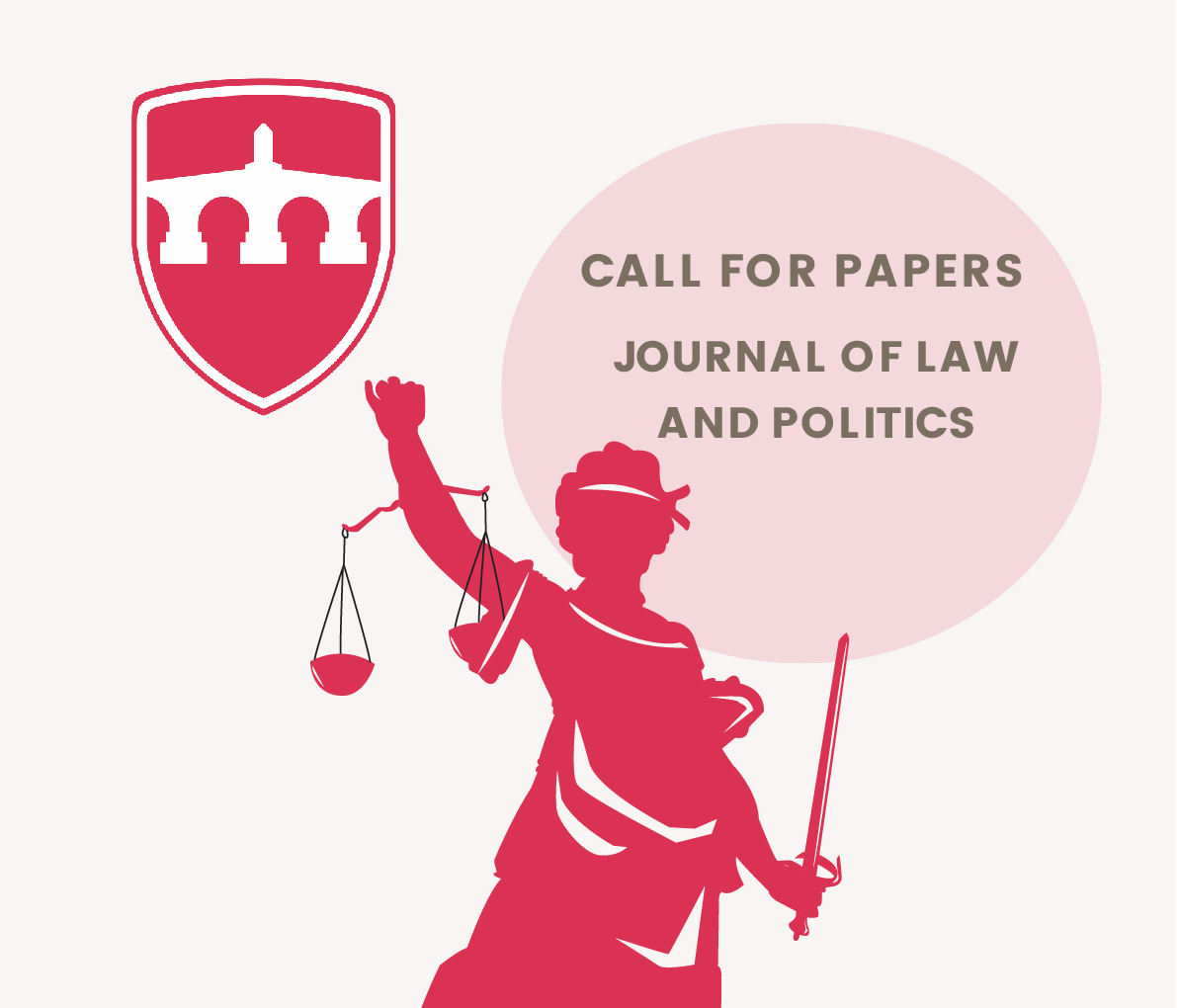
The Journal of Law and Politics welcomes your papers
Date: 10.02.2024 -
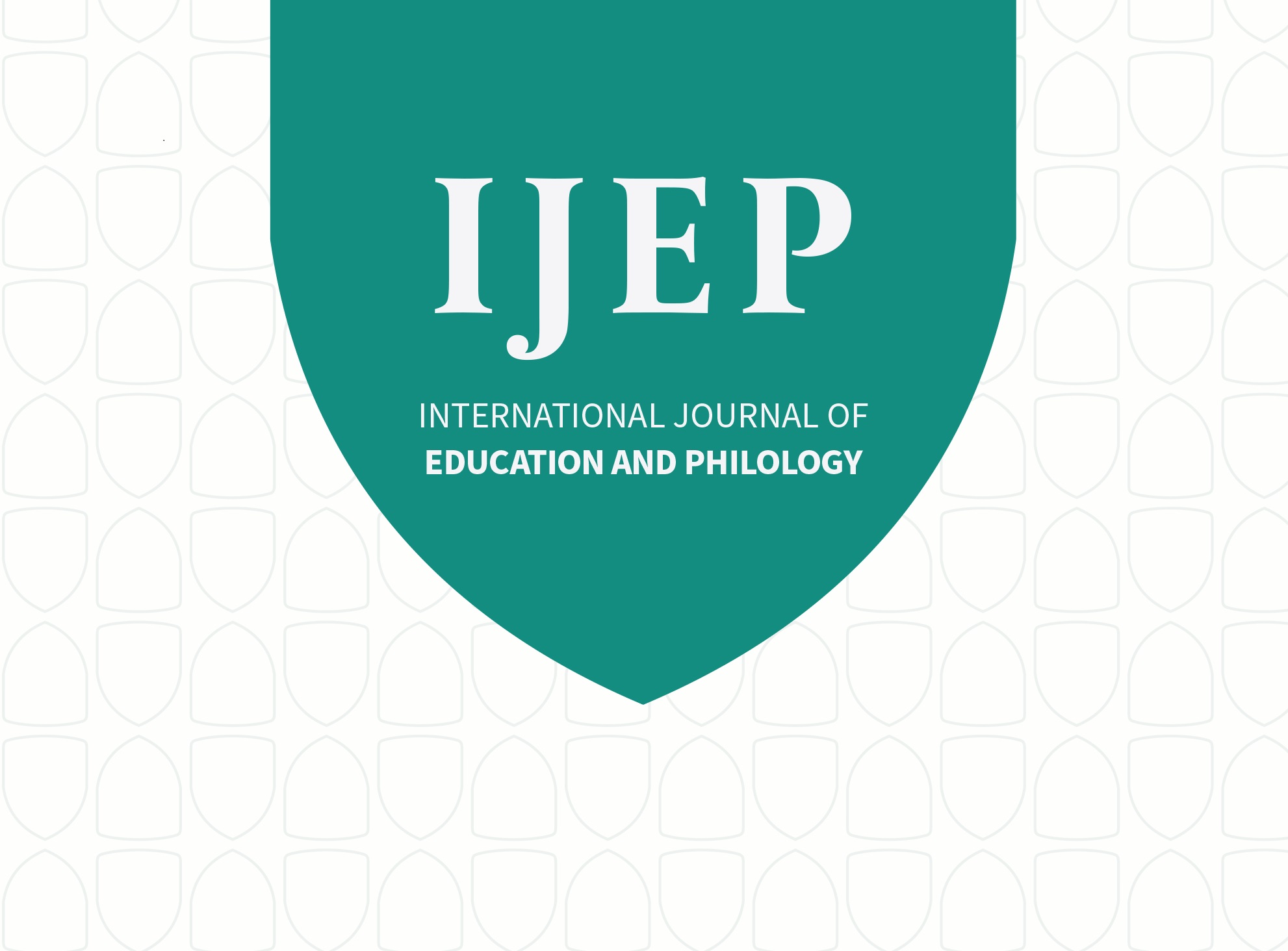
-

Call for Papers for an Edited Volume
Date: 27.05.2024 -

Open Call for Chapter Proposals
Date: 27.05.2024 -

The new issue of Journal of Law and Politics is here!
Date: 01.05.2024 -

TEFMJ June issue is published
Date: 01.07.2024 -

IJEP's Vol. 5, Issue 1 is now available!
Date: 02.07.2024 -

Vol. 4, Issue 1 - IJTNS
Date: 01.07.2024 -

The first IJAD volume is online!
Date: 02.07.2024 -

Balkan University Press Launches the Journal of Balkan Architecture
Date: 15.07.2024 -

-

Balkan Political Economy Series welcomes your proposals
Date: 18.07.2024 -
BUP Interview with Prof. Marija Miloshevska Janakieska
Date: 18.07.2024 -
BUP Interview with Asst. Prof. Dr. Ahmet Lökçe
Date: 24.07.2024 -

-
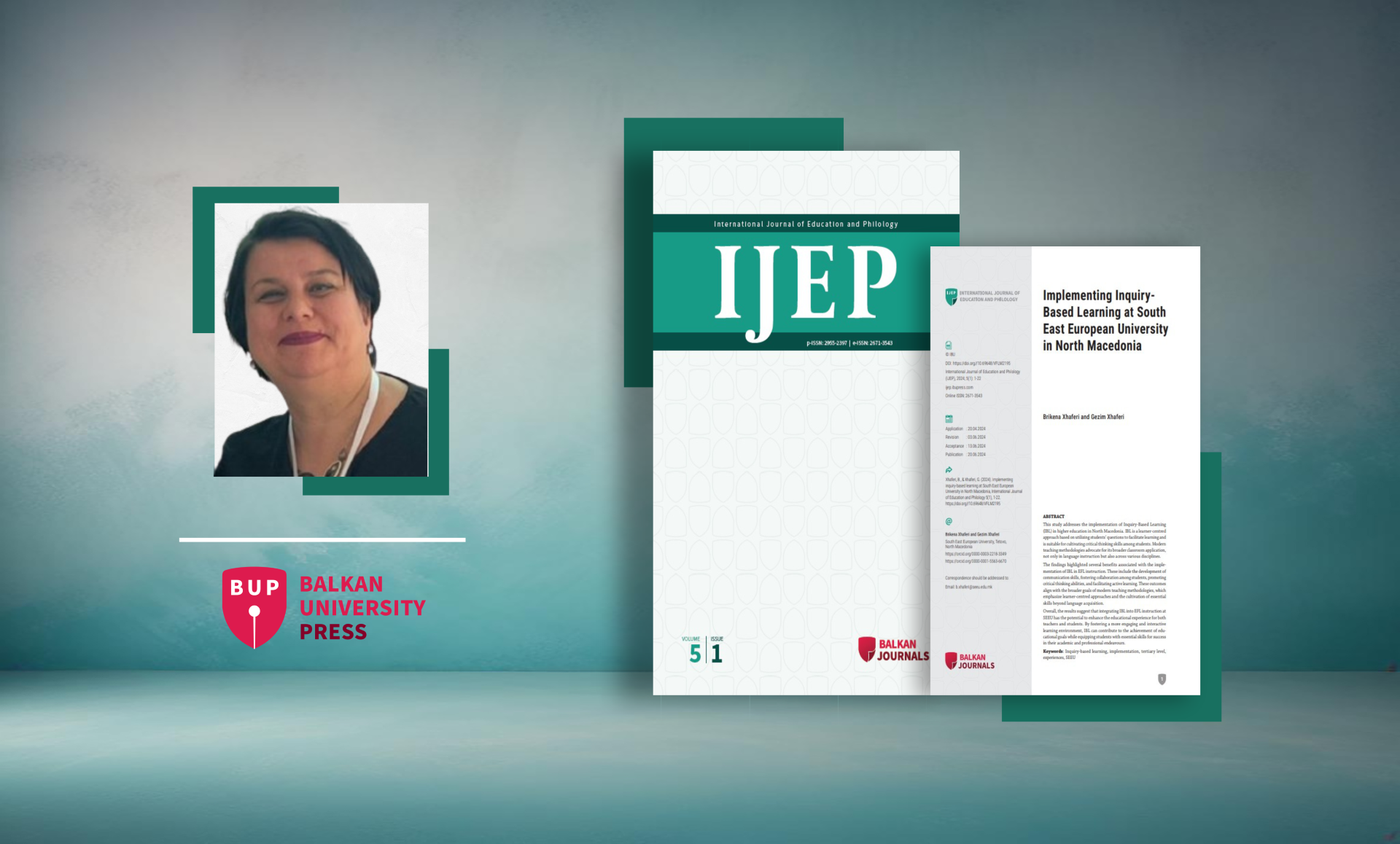
Prof. Xhaferi's blog for BUP
Date: 28.08.2024 -
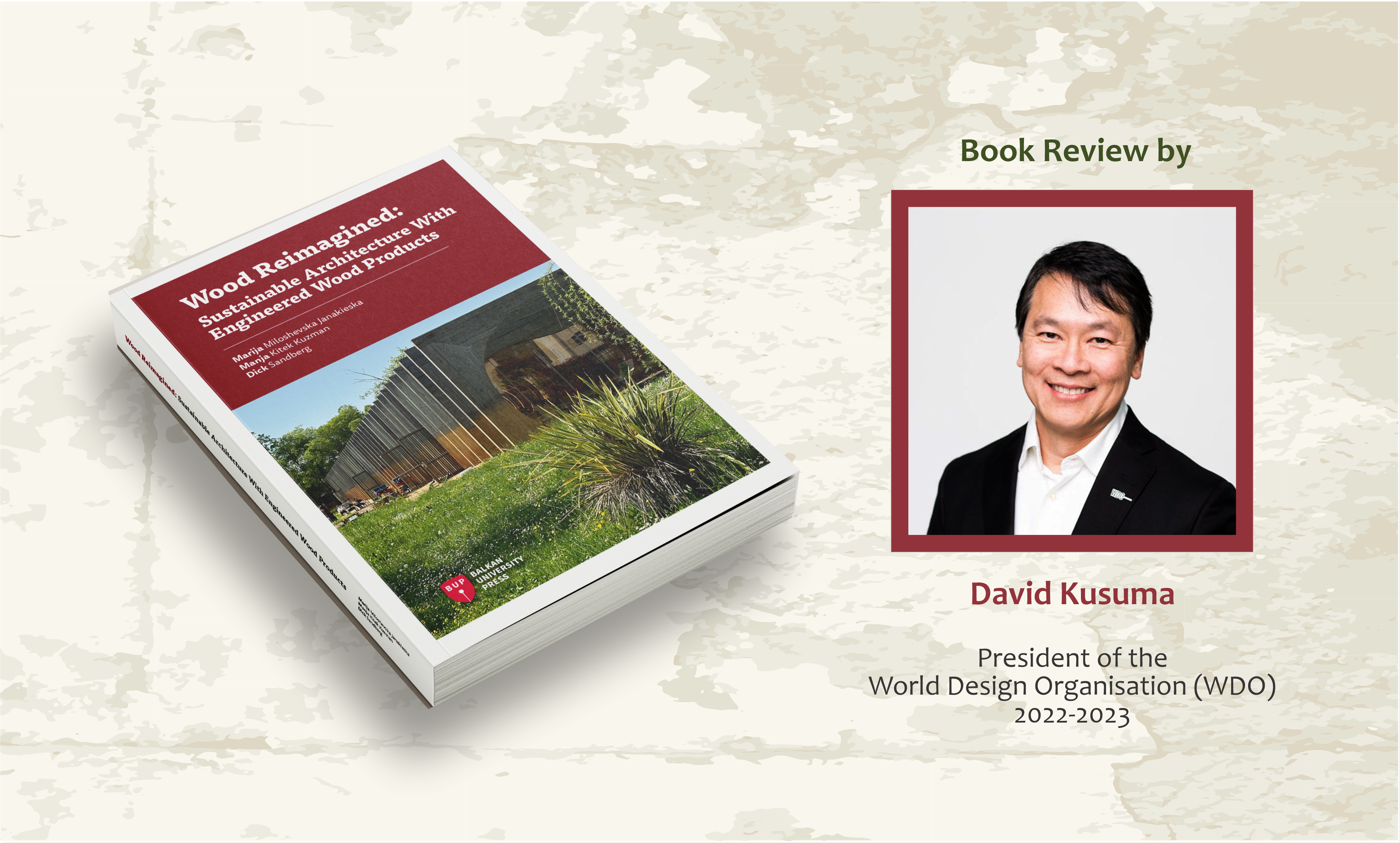
-

IJEP is now indexed in the Copernicus Journals Master List
Date: 23.09.2024 -
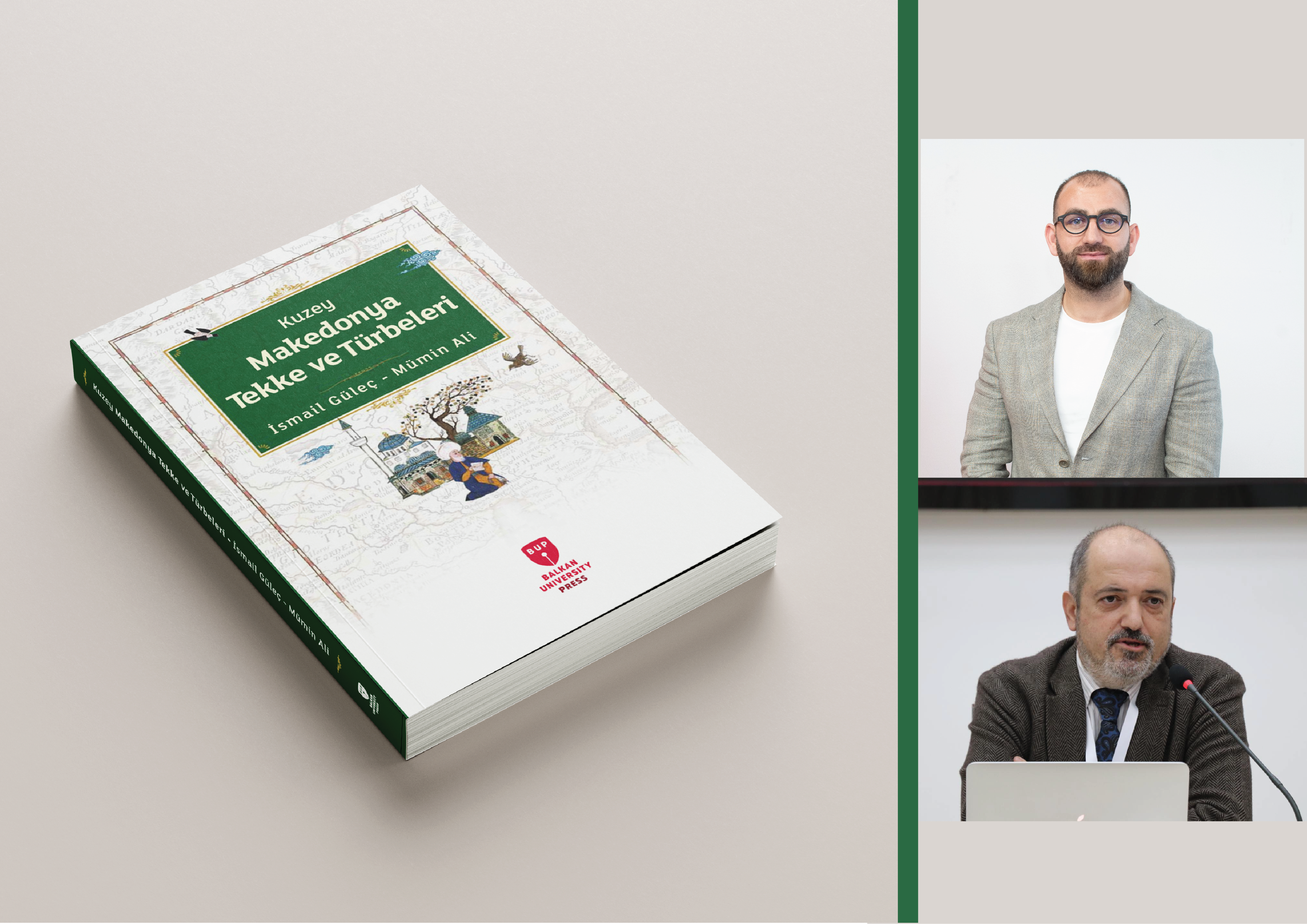
BUP INTERVIEW WITH PROF. ISMAIL GÜLEÇ AND ASST. PROF. MÜMIN ALI
Date: 26.09.2024 -

BUP Interview with Prof. Dzemil Bektovic
Date: 04.10.2024 -

-

BUP Interview with Prof. Shener Bilalli
Date: 30.10.2024 -

BUP Academic Blog with Prof. Tamás Szemlér
Date: 08.11.2024 -
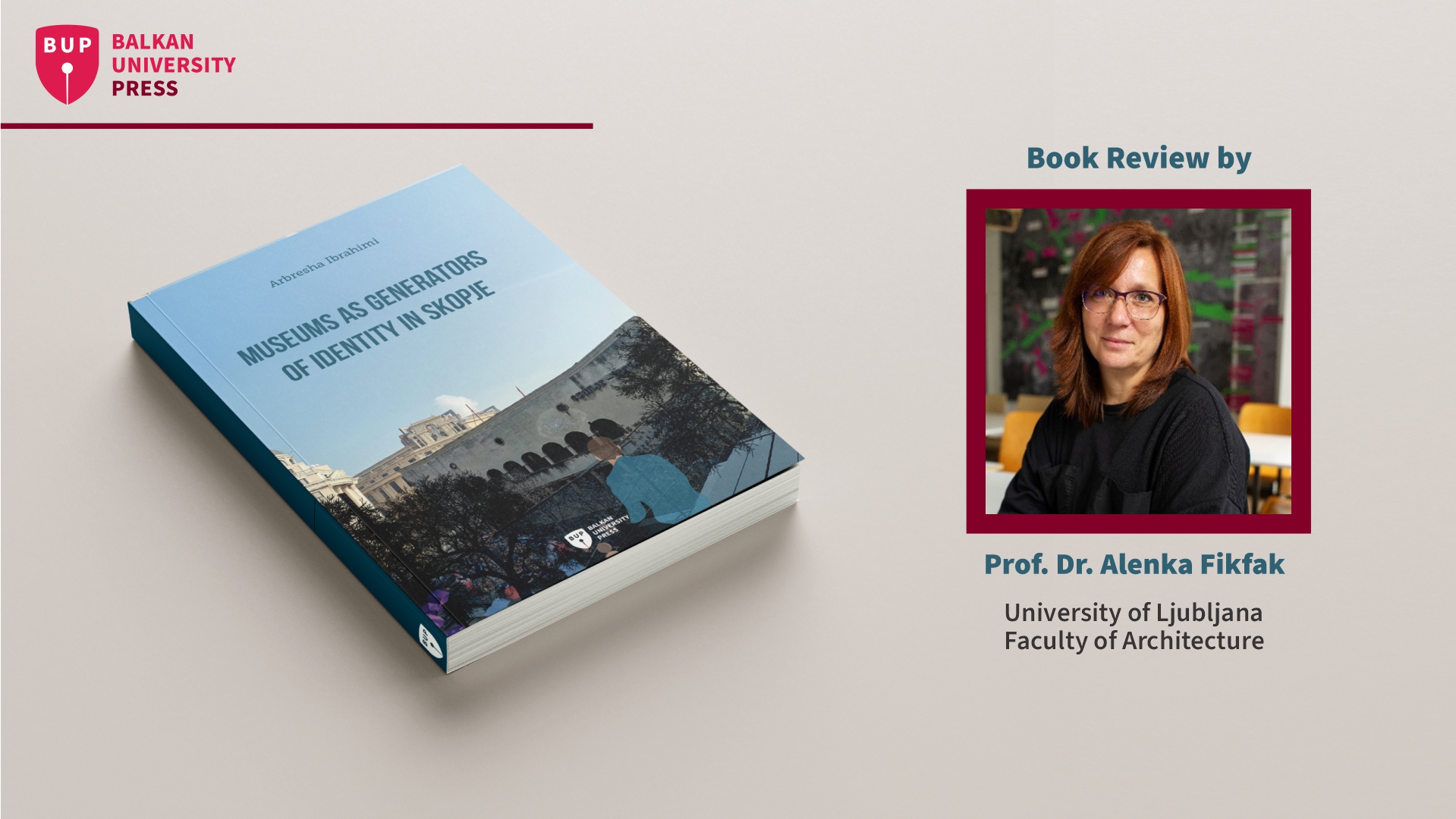
Book Review for "Museums as Generators of Identity in Skopje"
Date: 20.11.2024 -
BUP Interview with Arbresha Ibrahimi
Date: 25.11.2024 -

The first volume of Balkan Research Journal is here
Date: 02.12.2024 -

Volume 5, Issue 2 of the Journal of Law and Politics is published
Date: 31.10.2024 -

The inaugural issue of Journal of Balkan Architecture is published
Date: 29.11.2024 -
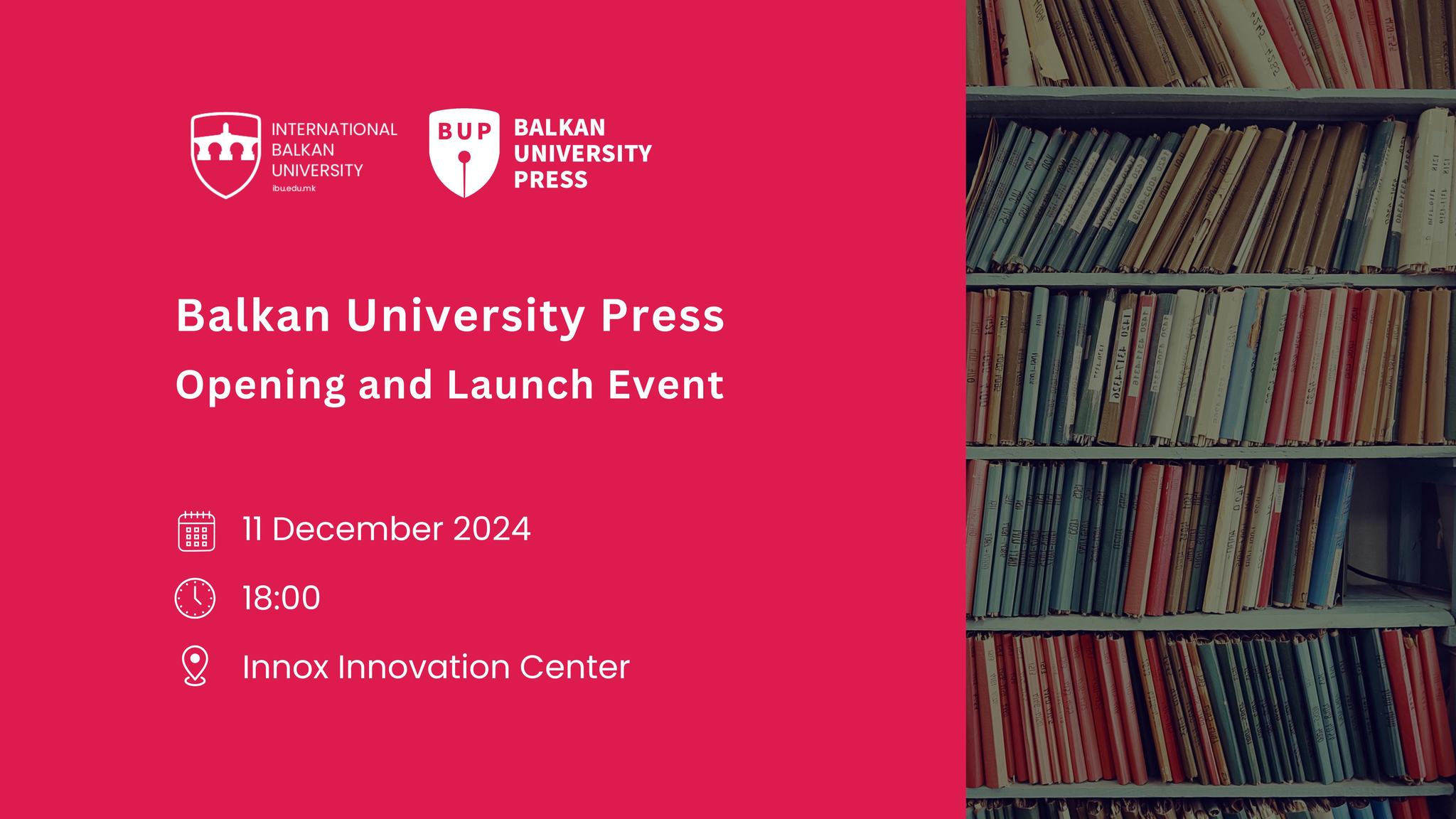
BUP Launch Event
Date: 10.12.2024 -

Grand Launch of Balkan University Press
Date: 12.12.2024 -

BALKAN UNIVERSITY PRESS
Date: 09.01.2025 -

Publication of a book
Date: 30.12.2024 -
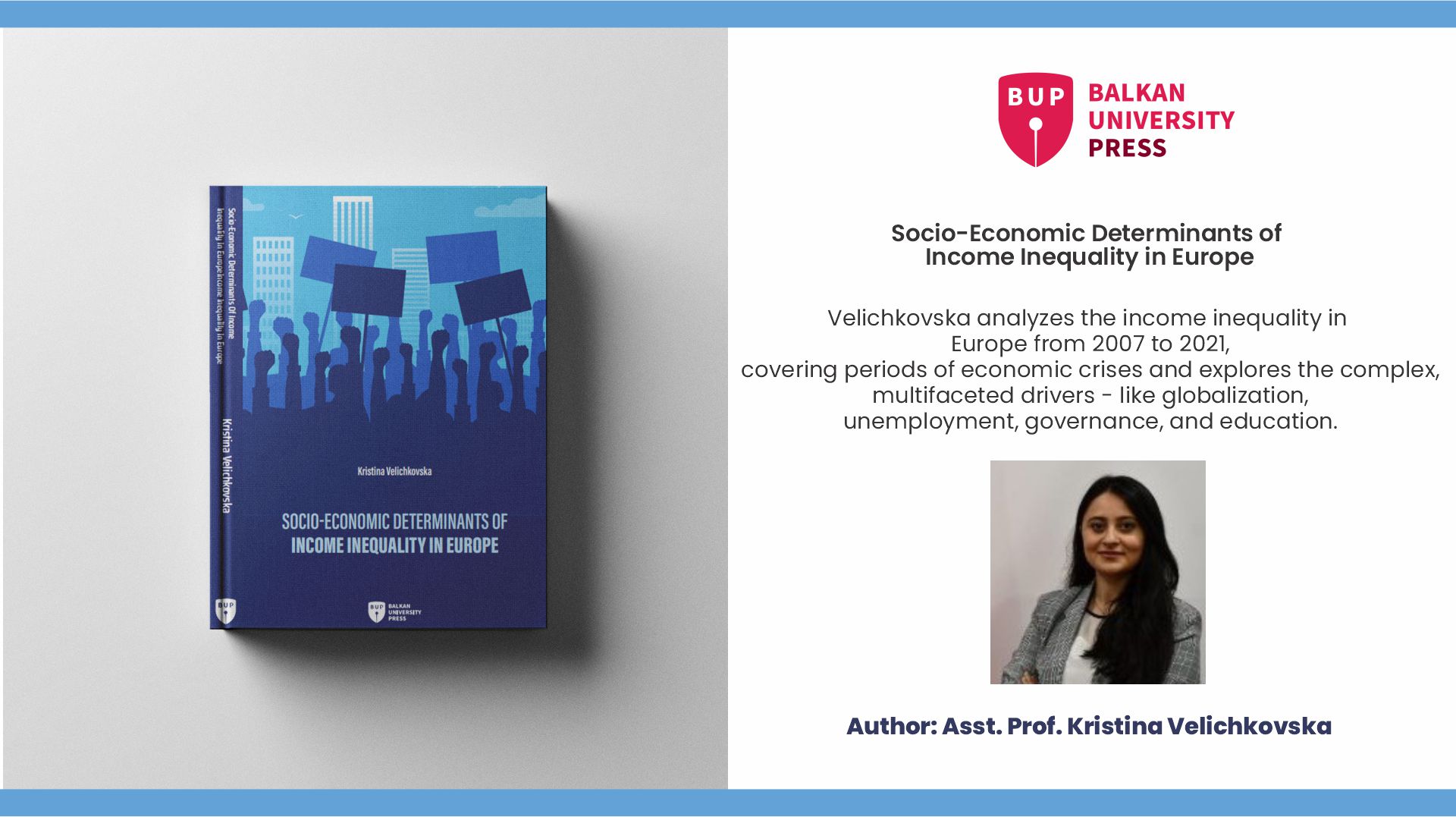
Publication of a book
Date: 24.12.2024 -

The December Issue of IJEP is published
Date: 31.12.2024 -

The December Issue of TEFMJ is published
Date: 16.01.2025 -

-
BUP Interview with Asst. Prof. Kristina Velichkovska
Date: 29.01.2025 -

-

-
BUP Interview with Kefajet Edip
Date: 18.02.2025 -
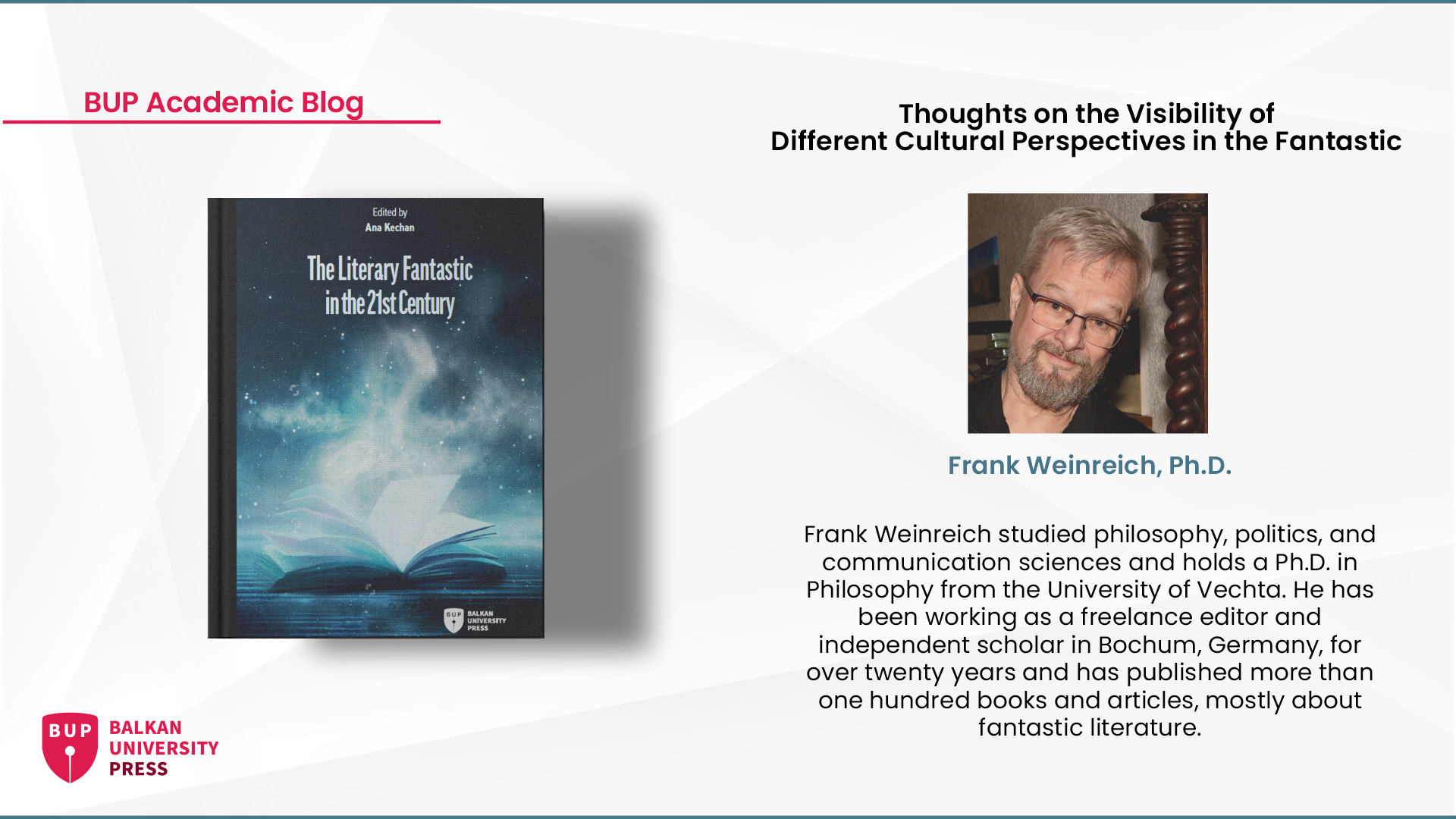
BUP Academic Blog by Frank Weinreich
Date: 20.02.2025 -
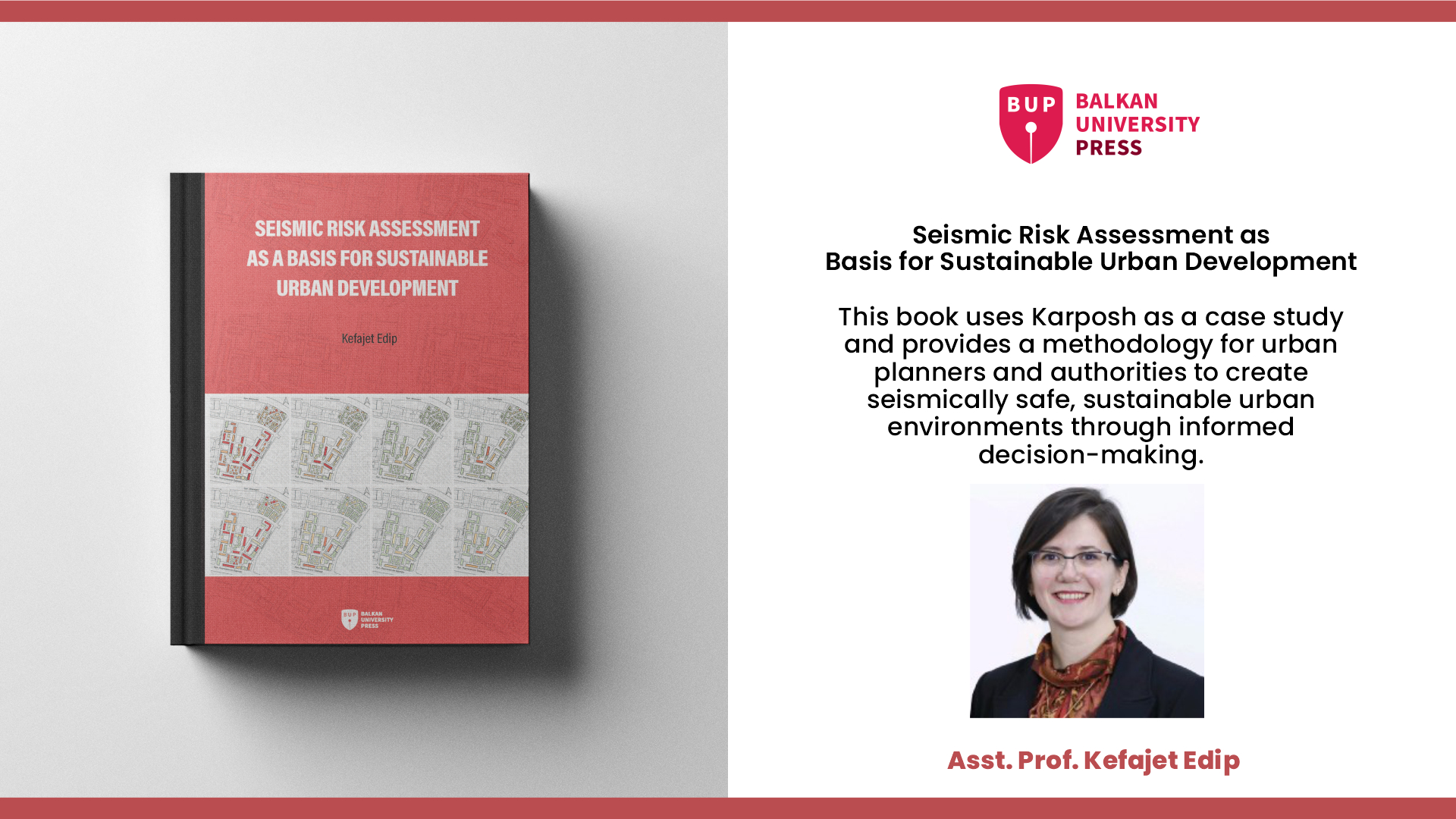
-

-

BUP Interview with Prof. Dr. Ana Kechan
Date: 30.04.2025 -

BUP Interview with Ozlem Kurt
Date: 14.05.2025 -

BUP Interview With Assoc. Prof. Igballe Miftari-Fetishi
Date: 03.09.2025 -
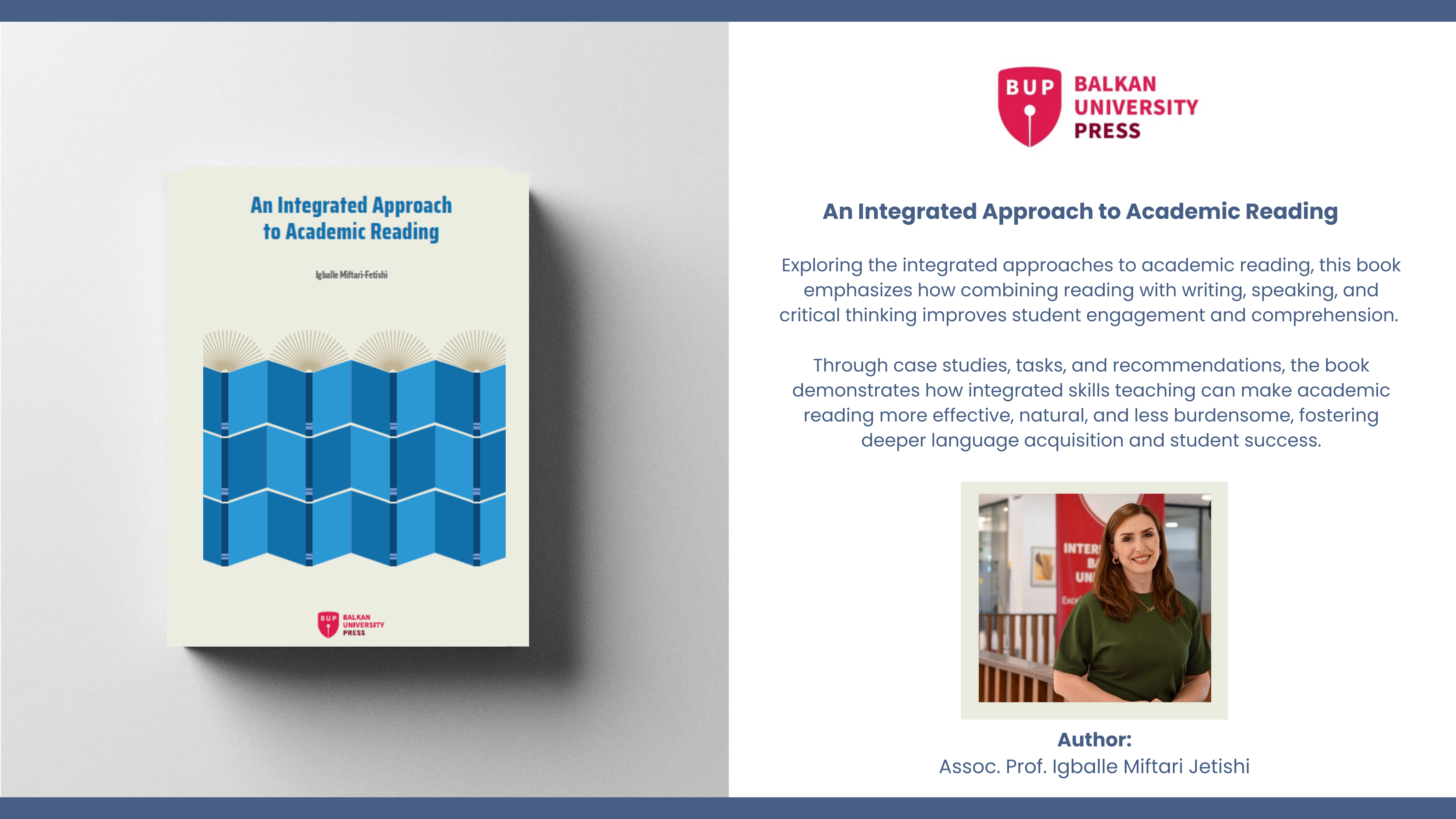
Publication of the book "An Integrated Approach to Academic Reading"
Date: 09.09.2025 -

BUP Interview with Nikola Dacev
Date: 15.09.2025 -

Publication of the book "Civil Law"
Date: 17.09.2025 -
BUP Interview with Ekaterina Namicheva Todorovska
Date: 22.09.2025 -
.png)
-
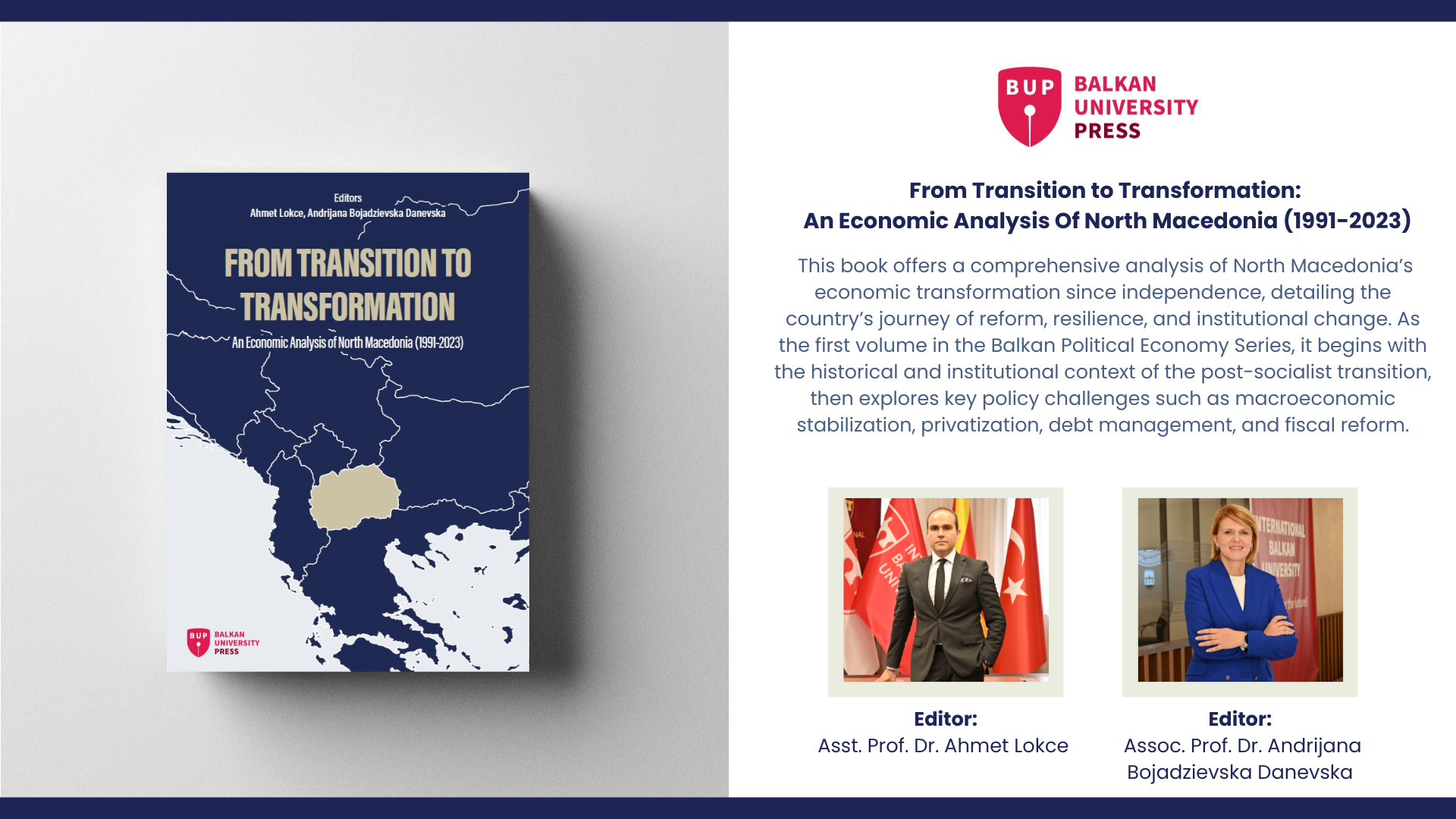
The first book of the Balkan Political Economy Series is published
Date: 07.10.2025 -

OPEN CALL for Book Chapters
Date: 08.10.2025 -

-
.png)
-

BUP Interview with Sumea Ramadani
Date: 24.10.2025 -
.png)
Publication of the book "Two Worlds of Healing" by Sumea Ramadani
Date: 05.11.2025 -
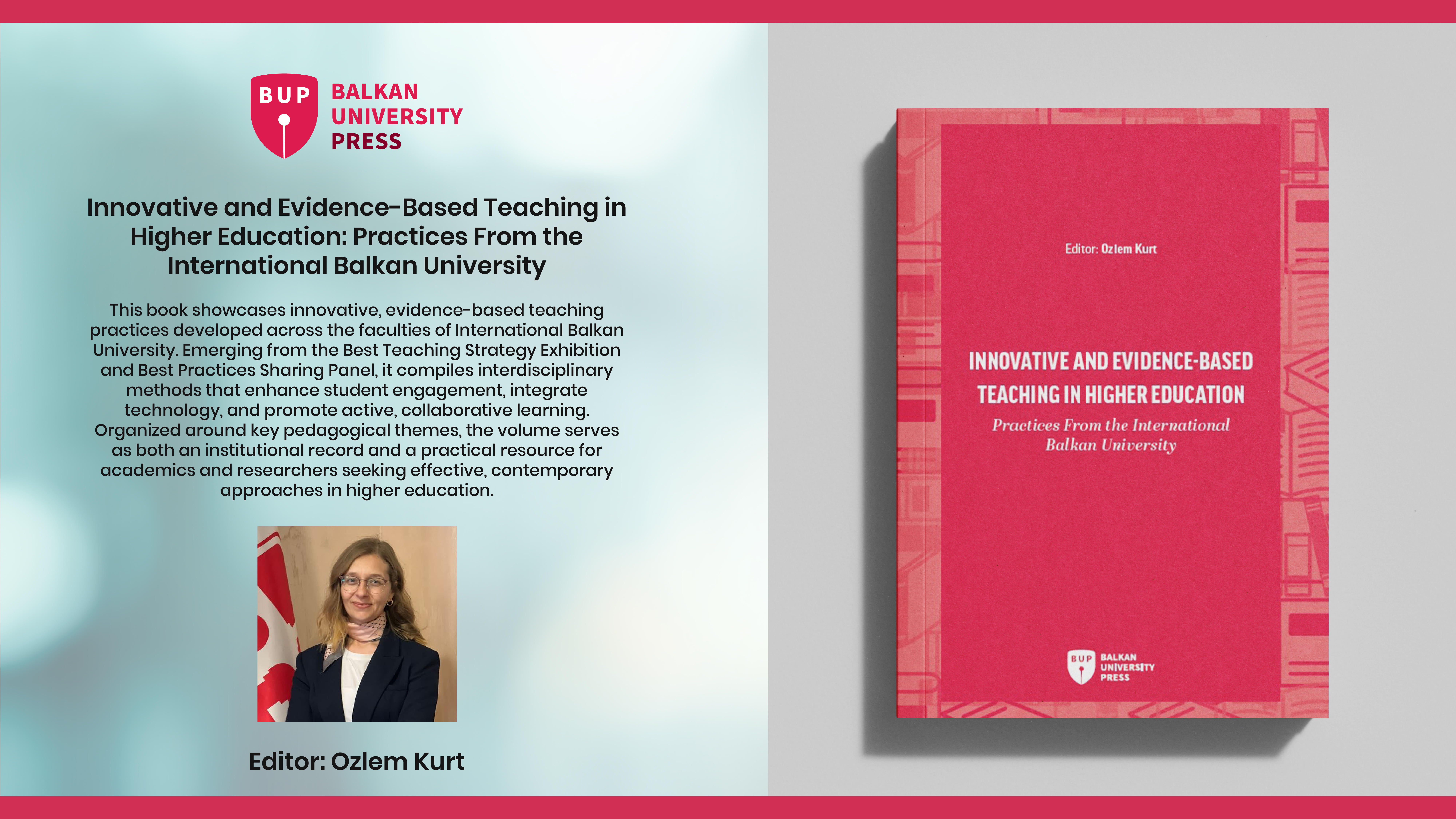
New BUP Publication
Date: 23.12.2025 -

Publication of the book "Kuzey Makedonya Kitabeleri"
Date: 26.12.2025
